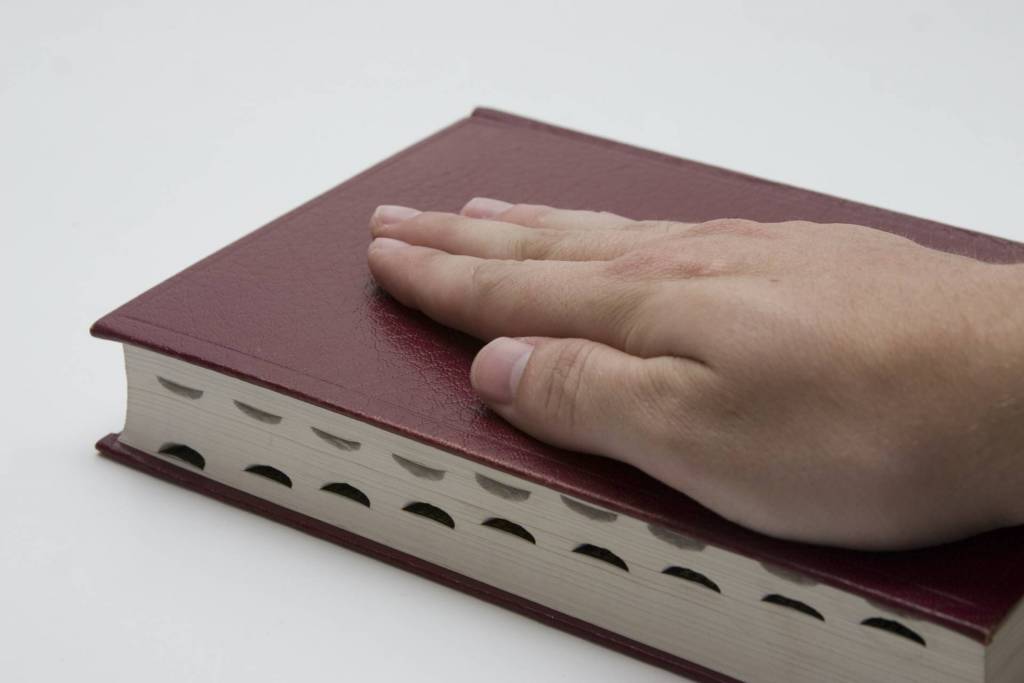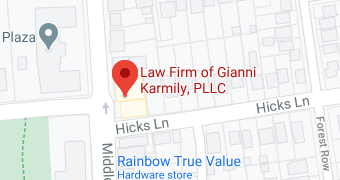Police officers can seize any property or assets that they believe were acquired through criminal activity. If you have been – or if you become – a target of asset forfeiture on Long Island, you can fight that asset forfeiture with help from a Nassau County asset forfeiture attorney.
According to the FBI, asset forfeiture “entails a legal process whereby the ownership of an asset is removed from individuals because they used it illegally, received or derived it from illicit activity, or employed it to facilitate a crime.”
Two types of forfeiture allow the state to seize property: civil and criminal forfeiture. How do these differ? What are your rights in an asset forfeiture? Can you recover your assets or prevent their seizure? For answers, keep reading this brief discussion of asset forfeiture in New York.
What is Civil Asset Forfeiture? What is Criminal Asset Forfeiture?
Civil asset forfeiture is a process that allows police officers to seize assets from people who are suspected of illegal activity without charging those people with crimes. The American Civil Liberties Union says that civil forfeiture puts our “liberties and property rights under assault.”
However, criminal asset forfeiture requires a person’s criminal conviction before that person’s money, assets, or property may be seized. Additionally, assets may only be seized through criminal asset forfeiture if the assets are directly related to the criminal conviction.
Since the 1970s, Congress has expanded the federal government’s authority to seize criminal assets by enacting forfeiture and anti-money-laundering laws such as the Patriot Act (2001) and the RICO Act (1970).
Unlike civil asset forfeiture, criminal asset forfeiture is generally uncontroversial because a defendant must be convicted before any property or assets may be seized. But what if you are wrongly convicted, or what if the assets that are seized were not related to any criminal activity?
Can You Avoid Criminal Asset Forfeiture?
The best way to avoid criminal asset forfeiture – in Nassau County or anywhere in the State of New York – is to avoid any criminal conviction that would trigger the criminal asset forfeiture process.
If you are charged with a drug crime, a theft, or a white-collar crime like fraud or embezzlement, you must be advised and represented by a Nassau County criminal defense lawyer, and you must arrange as quickly as possible to meet with that lawyer.
Whether you accept a plea bargain – by pleading guilty to a reduced charge and accepting a lesser penalty – or take your case to trial, your defense lawyer will work aggressively to avoid a conviction that would prompt a criminal asset forfeiture.
What if You Are Convicted – But Your Assets Are Wrongly Seized?
Even if you are convicted of a crime that allows the state or federal government to seize your property and assets, you may contest a wrongful asset forfeiture with the help of a Nassau County asset forfeiture attorney.
Your attorney may contend that a specific asset or property item was not involved with any crime, was not purchased with illegally obtained funds, and that you should not be compelled to forfeit assets or property that you own legally.
How Do State Forfeiture Laws Work?
Under New York law, district attorneys may seize the “instrumentalities” and “proceeds” of a crime, but prosecutors cannot confiscate real property, except in particular drug cases. It is extremely difficult for a New York prosecutor to “go after” someone’s home.
Criminal forfeiture statutes are rarely used by prosecutors in New York, and there is no state law that allows for the forfeiture of the proceeds of misdemeanor crimes or the forfeiture of real property in non-drug-related felony cases.
How Do Federal Forfeiture Laws Work?
Criminal forfeiture statutes are more frequently used by federal prosecutors. When you are charged with a federal crime, you may be told that if you are convicted, the government intends to seize particular assets and/or properties.
If the federal government wants to confiscate a specific property or property item that belongs to you, it must be identified in the indictment.
A federal prosecutor may also ask a court for a “money judgment” which represents the amount that the government alleges that you made from the crime you are charged with. In federal cases, criminal asset forfeiture is ordered by a judge as part of a convicted offender’s sentence.
When Should You Contact an Asset Forfeiture Attorney?
Whether your assets and property are threatened by the state government or by the federal government, the importance of having a Long Island asset forfeiture attorney on your side during the asset forfeiture process cannot be overstated.
Contact an asset forfeiture attorney as soon as you are aware that a state or federal prosecutor intends to seize your property or assets. If your property or assets have already been forfeited, your attorney will explain what it will take to recover that property or assets.
What Defenses May Be Offered Against Asset Forfeiture?
Several different defenses may be used by your attorney to protect your property and assets from asset forfeiture or to recover your property and assets after asset forfeiture, including:
- Innocence: The innocence defense may be put forth by an innocent third party who can show that he or she is the genuine owner of forfeited property or assets. Innocent third party owners must prove they were unaware of any illegal use of the assets or property.
- Lack of notice: If you did not receive the legally required notice of a forfeiture action, that lack of notice may be grounds for having your assets or property returned.
- Unlawful search: Your attorney may show that there was no probable cause for the forfeiture and that your property or assets were seized in violation of your Fourth Amendment rights.
- Unreasonable fine: The Eighth Amendment offers constitutional protection against unreasonable and disproportionate fines. Your attorney may argue that the seizure of your assets constitutes an unreasonable fine.
What Else Should You Know About Asset Forfeiture?
Asset forfeiture is an effective law enforcement tool for dealing with drug traffickers who consider jail or prison simply the cost of doing business and look forward to returning quickly to their illegally gained wealth.
However, asset forfeiture is often abused, and innocent individuals – for example, someone who may be only slightly acquainted with a drug trafficker – sometimes have their assets or property wrongly forfeited. Don’t let this happen to you.
If you are charged with a crime that prompts the asset forfeiture process, or if you have been convicted of such a crime and your assets or property have been seized, contact a Nassau County criminal defense lawyer immediately.
To schedule a confidential case evaluation with the Law Firm of Gianni Karmily, PLLC, call our Great Neck office at (516) 630-3405 or our Hempstead office at (516) 614-4228.












